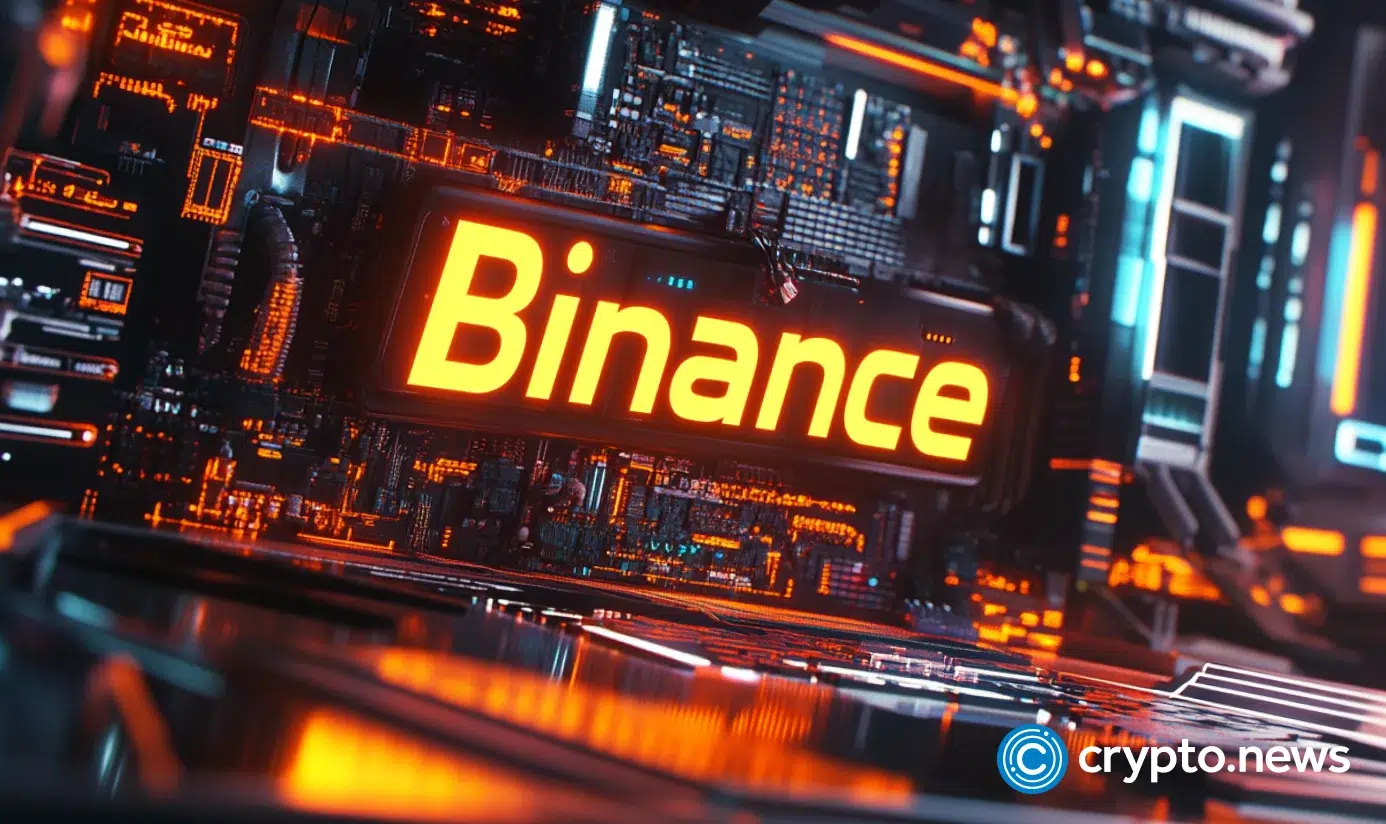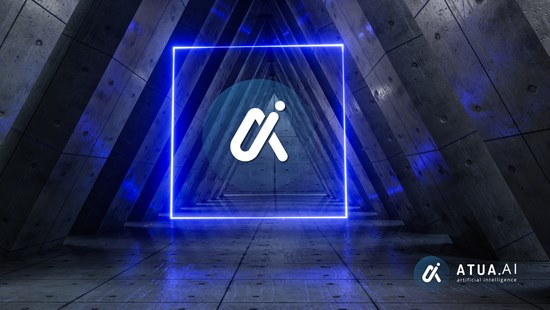
Shardeum is gearing up to launch its mainnet on April 15. The protocol has previously announced that it will be airdropping the mainnet’s native token, SHM on April 13.
The world’s first Ethereum (ETH) Virtual Machine-based autoscaling network is preparing to unveil its mainnet this month, following the launch of its native token SHM. The protocol announced the mainnet’s launch date in a recent post on its official X account.
“Shardeum, building the world’s first EVM-based autoscaling blockchain, is launching its mainnet on 15th April 2025,” wrote the protocol in a recent post.
According to the project’s official website, the upcoming mainnet went through several testnet phases, which included the Alphanet “Liberty,” Betanet “Sphinx,” and the recently incentivized testnet “Atomium.”
The testnet phase saw participation from more than 171,000 validators physically running nodes, with more than 81 million transactions processed.
The launch of its mainnet is set occur a day after the airdrop event for the project’s native token, SHM. The layer 1 blockchain informed users that the second phase of its airdrop registration period is open starting from March 22 up until April 13, 2025. Users registering before April 14 will receive their airdropped tokens on June 13, 2025.
According to the project’s blogpost, Shardeum aims to launch a mainnet that can solve the “scalability trilemma,” which is a term coined by Ethereum co-founder Vitalik Buterin. The scalability trilemma is essentially the challenge faced by most blockchains that attempt to strike a balance between security, scalability, and decentralization simultaneously.
However, this is easier said than done. Shardeum claims that most blockchains have a tendency to sacrifice the scalability aspect in favor of maintaining security and decentralization. Since Shardeum’s new mainnet is built on an EVM framework, the mainnet is designed to be fully autoscaling. This means that as more nodes join the network, the overall number of transaction will increases alongside it.
Moreover, the mainnet is equipped with a feature called Dynamic State Sharding. The network is able to breakdown its workload into smaller parts or shards, which enables the project to ensure transaction validation can work in parallel with each other. This approach can keep gas fees at a minimum while also boosting scalability.
In addition, Shardeum emphasizes a community-driven, decentralized approach which allows virtually anyone to run validator nodes. The lightweight node requirements enable even those in emerging markets to participate in the ecosystem, increasing network security through a widely distributed validator base.







